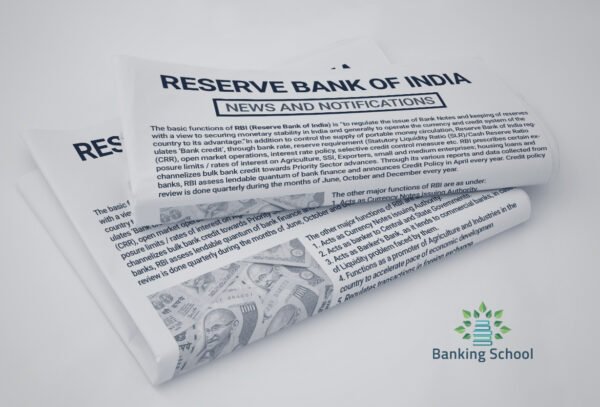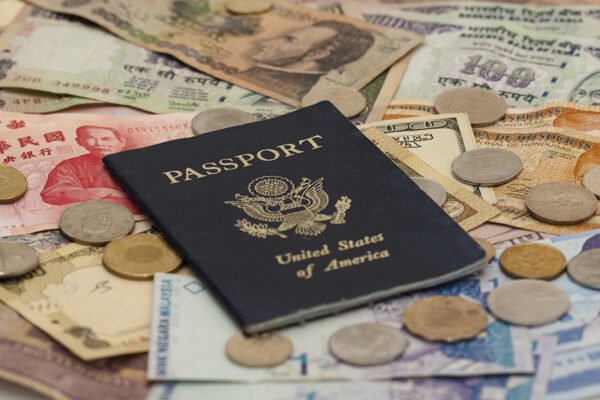Why the “Transit Period” in Export Is Often Misunderstood
The “transit period” in export finance refers to the banking time between the date an export bill is negotiated/purchased/discounted by the bank and the date the bill proceeds are received in the bank’s Nostro account, not the shipping time taken by goods to reach the overseas buyer. This period is termed the Normal Transit Period…








